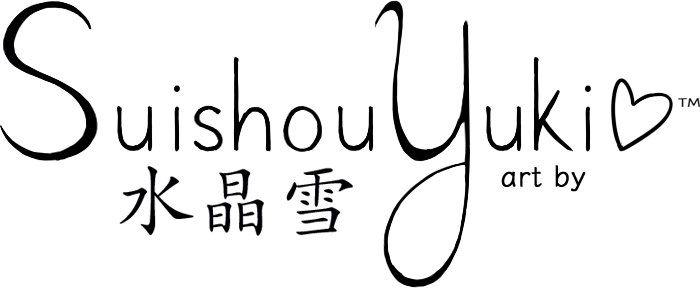Using and Organizing TextFugu Anki Decks, and Creating My Own
TextFugu, as I repeat constantly, is great. TextFugu’s Anki decks are great. But because TextFugu is a “living” textbook, revisions happen faster than standard revisions of printed textbooks. Mnemonics change, things are refined, and that makes the Anki decks I’ve previously downloaded become outdated. ^^;
One solution for this is to stay up-to-date as you go along by downloading the first deck and then importing additional ones as you come upon them. Another is to download the big decks and update outdated info.
An example of the second solution is the “names” for the radicals. Earlier, one radical was called “reinforced enclosure”. But on WaniKani it is known as “raptor cage”. This card needed updating to prevent me from getting mixed up!
Organizing decks, of course, is as simple as merging them if needed, and moving them into one folder (i.e. not the downloads folder), so no notes are really needed for that.
As I continued to write down notes on my developing method of learning Japanese, I realized I needed to create some short-term goals. They needed to be small enough to not discourage me, but big enough to be inspiring and show visible progress. So for the moment, I began with two goals:
- Learning how to write the 317 kanji featured in Genki
- Writing in Japanese without running my sentences through a translator to check them (use of a dictionary is permitted).
Building off of those two goals:
-I want to improve my Japanese handwriting.
-I want to use Lang-8. I have an account and I need to stop being afraid of being wrong!
-I want to use my own Japanese journal on Ameba. I don’t need to write a novel each post…just a few sentences here and there.
After writing these goals down, I roughed out a schedule for myself and called it “The Plan”. Then I noticed I had not included time for key things, and I asked myself these questions:
- What about Japanese reading practice? When will I read?
- When will I review?
- When will I move stuff from Evernote and My Word/Kanji Banks to Anki?
- How many kanji will I learn to write each Sunday and practice writing each week? Can this number increase in the future?
My draft of The Plan has me doing three podcasts a week, two days of TextFugu a week, and 2-3+ hours of drawing per day. It has me blogging and doing AIS lessons daily (and of course WaniKani and Anki reviews), and dance practice and guitar lessons on Thursdays. So…what about reading and stuff? I’ll answer those questions right now! Here we go:
I review Anki in the morning, before I check Evernote and before I review on WaniKani. So…perhaps when I check Evernote again in the middle of the day or in the evening I can move things over to Anki. And earlier today I decided to start out with learning how to write two kanji each Sunday, maybe three, so that’s that. But the reading practice…
Well, I practice all the time reading Japanese tweets in my Twitter feed and Japanese blog posts and such, so that counts for something, but as for formal “study” reading…
…Another post, perhaps?

I need to take a page or two out I your book and apply it to MY life!! Thanks, Yuki!!
Sent from my iPhone